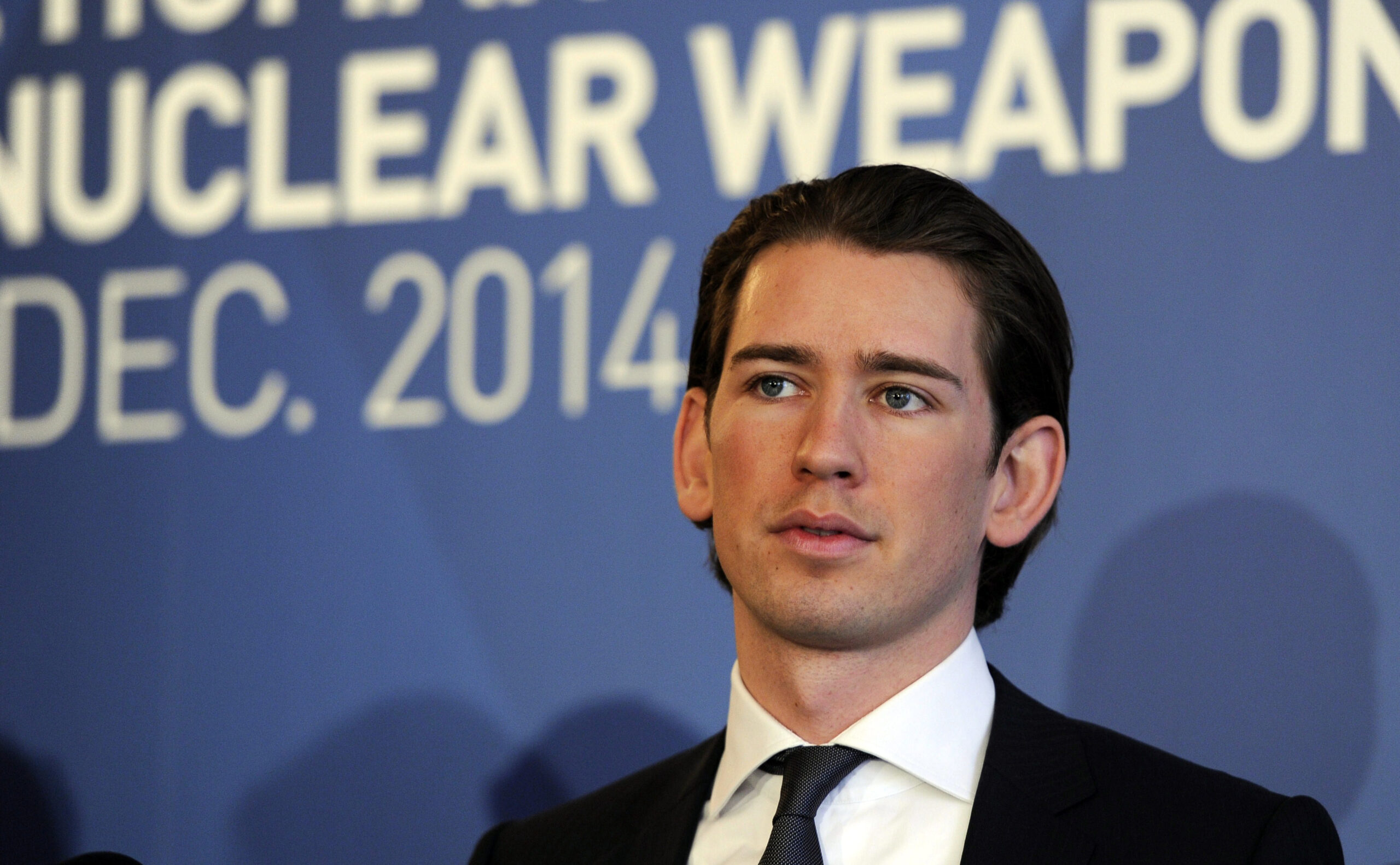(THIS ARTICLE IS MACHINE TRANSLATED by Google from Norwegian)
US diplomats have put pressure on the Norwegian authorities and other allies to prevent a ban on nuclear weapons from becoming a reality. This was reported by the Japanese news agency Kyodo on Friday 13 March. Since December, Austria and the international disarmament movement have been working for an international ban on nuclear weapons. In February, representatives of the US government reportedly called on Japan to steer clear of Austria's initiative. US authorities have also "urged some NATO members, including Norway, not to support the Austrian initiative," according to Kyodo, which relies on sources in the Japanese foreign service. When asked by Ny Tid, State Secretary in the Ministry of Foreign Affairs Bård Glad Pedersen (H) will not deny the allegations from Kyodo. "Several allied countries have formally and informally raised the matter with the Norwegian authorities. This is not surprising. Advocating for a ban on nuclear weapons would be contrary to our NATO commitments. The government has also been clear about this, "Pedersen says in an e-mail.
Abandoned driver's seat. In 2013, Norway was among the initiators of the "humanitarian initiative", a new approach that brought a greater focus on the human impact of nuclear weapons. The initiative has been strengthened and continued through a series of conferences on this theme, and the Prohibition Initiative was launched during the Vienna Conference on the Humanitarian Impact of Nuclear Weapons in December 2014. Austria is behind the initiative, urging all states to "fill the legal void to ban and eliminate nuclear weapons." So far, 50 countries have joined what is now called "the Austrian pledge" ("Austria's pledge" ), but no NATO countries have so far opened to support the initiative. In May this year, state leaders from all over the world will meet for an oversight conference to discuss the non-proliferation agreement of 1970 (NPT). Prohibition work is taking place outside the NPT framework, but it is expected that Austria and its supporters will use the conference to push nuclear power into a more offensive disarmament policy.
Possible majority. Although Norway was at the forefront of the humanitarian initiative in 2013, the Norwegian government would not commit to a ban. Following the Vienna Conference, Bård Glad Pedersen, State Secretary in the Ministry of Foreign Affairs (H), expressed concern that such work could weaken long-term disarmament work. "The Non-Proliferation Agreement is the overall framework for disarmament and non-proliferation work, and we place great emphasis on avoiding weakening of this crucial platform," Pedersen told Klassekampen in December.
"The humanitarian initiative has overturned the international debate on nuclear weapons"
Anne Gerd Grimsby Haarr, No to Nuclear Weapons
Foreign Terminal. No to Nuclear Weapons believes that Brende is wrong when it comes to the NATO issue. Anne Gerd Grimsby Haarr points out that the NATO strategy is a political, not a legal, document. Nor does the non-proliferation agreement prevent such a ban. "On the other hand, an international ban can help fulfill the non-proliferation agreement," Haarr says. With the proposal of representatives, the government can get into a foreign policy squeeze. Both the Labor Party and the Krf have opened to join the prohibition initiative. With that, a majority in the Storting could demand a change of course by the government in an area where it has traditionally had the right to govern.


